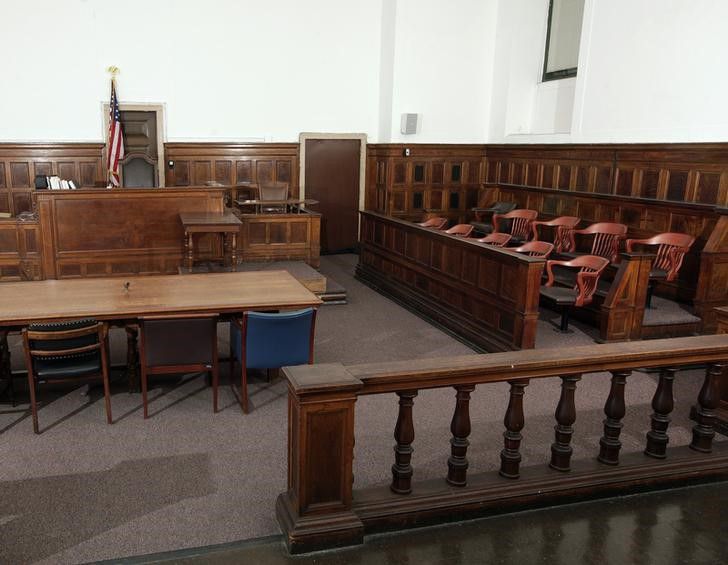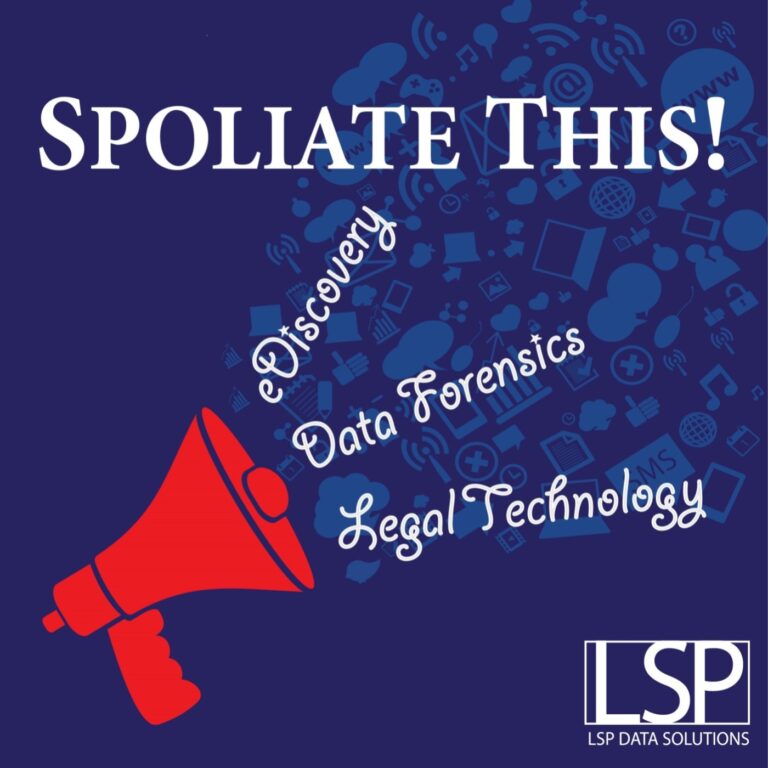
Justices take up expert testimony question in “blind mule” drug-trafficking case
“The Supreme Court on Monday agreed to decide whether prosecutors in a drug-trafficking case can call a government witness to provide expert testimony to rebut the defendant’s assertion that she did not know that she was carrying drugs, a so-called “blind mule.”” – Read full article by Amy Howe below in SCOTUSblog






